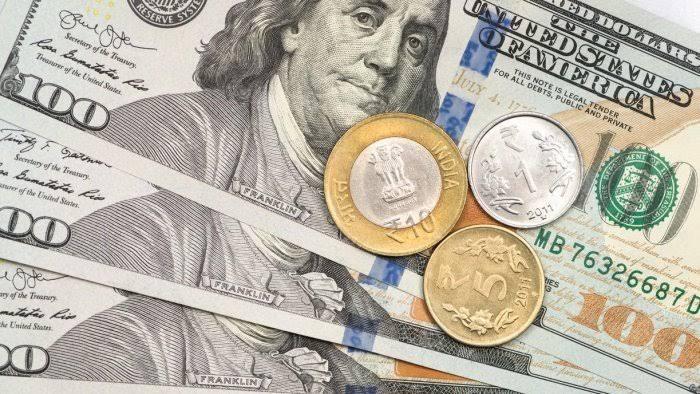Nigeria’s Foreign Reserves rose to $34.39 billion as of March 21, 2024
Nigeria’s foreign reserves experienced a slight increase to $34.49 billion as of March 21, 2024. This rise can be attributed to various factors such as the influx of foreign capital and a rise in global oil prices. Recognizing the vital role of foreign reserves in meeting import obligations and maintaining exchange rate stability, it is imperative for the government to prioritize efforts to strengthen reserves and prevent depletion.
The value of the Naira against the US Dollar is closely linked to the level of the country’s foreign reserves. Furthermore, it is essential to diversify export earnings beyond crude oil sales, which currently serve as the primary source of foreign income. Enhancing exports from sectors like manufacturing can help mitigate the volatility in foreign reserves caused by fluctuations in the oil market, upon which Nigeria heavily depends for foreign earnings.
Achieving this goal necessitates the creation of a favorable business environment, addressing security issues, ensuring reliable access to electricity, reducing port congestion, and streamlining export procedures, among other actions. These initiatives will not only enhance the competitiveness of Nigeria’s products in global markets but also boost investor confidence in the economy, leading to increased foreign capital inflows and a stronger foreign exchange reserve position.




